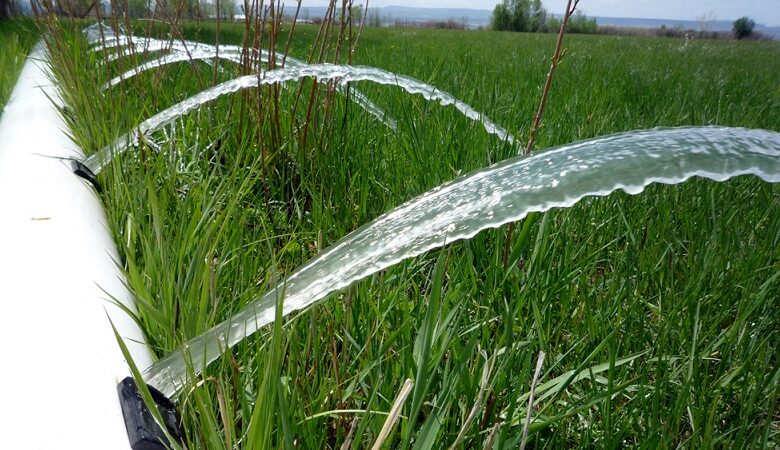Somali State said that it has been constructing medium scale irrigation infrastructures around Shebele, Dawa and Genele rivers.
Approached by The Ethiopian Herald, Somali State Chief Administrator Advisor Ahmed Ismail said that the state has been developing multi pastoralist communities’ resilience strategy in order to mitigate climate change and drought.
Since the state is affected by climate change and drought occur every two to three years, the state has been working with partners like federal institutions, regional sector bureaus, USAID and others to mitigate the problem.
The state decided to bring all actors to build capacity and the resilience of pastoralist communities in order to effectively lessen these incidents. He said, “As a result, we come up with strategy to tackle it and the state has been working to maximize pastoralist community resilience, capacity building, human support and others.”
The initiatives are aligned together with in a way to contribute to the effort geared towards reducing the impacts of climate change. Furthermore, it has been constructing medium scale irrigation infrastructures around Shebele and Dawa, and Genele rivers. The construction of these projects is well underway, he added.
He said, “Although the shortage of energy challenging the construction, we are trying to take an advantage of solar energy since the state has abundant solar energy. We are also trying to build cooperatives to benefit from the irrigation infrastructures.”
According to him, lowland irrigated wheat production has been yielding a promising result particularly around Wabe Shebele river areas. The project is well taken place even if there are challenges. Moreover, the state is actually trying to focus on increasing agriculture production.
Hence, it has been investing in climate change adaptive programs such as increasing water availability, diversifying livestock and other programs, he noted.



